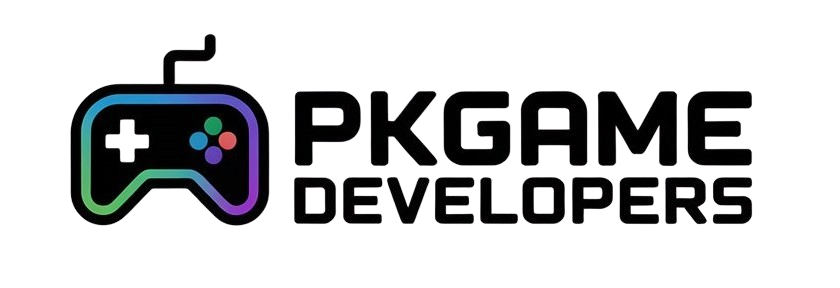
Programming is the backbone of game development. Even with the best art and music, a game can’t succeed if the code doesn’t run smoothly. Whether you’re just starting out or polishing your skills, here are some essential programming tricks that every game developer should know.
1. Keep Your Code Clean and Organized
Game projects can get messy fast. Using proper naming conventions, commenting your code, and structuring scripts logically will save you hours of debugging. For example:
// Bad code
int x;
// Better code
int playerHealth;
2. Use Object-Oriented Programming (OOP)
Games are full of objects: players, enemies, bullets, items. Using OOP principles like classes, inheritance, and polymorphism allows you to reuse code and avoid repetition. Instead of writing 10 different enemy scripts, you can have a parent “Enemy” class and extend it for variations.
3. Optimize Early but Not Too Early
Optimization is important, but overthinking it in the early stages can slow you down. First, focus on making the game work. Once it’s playable, then improve performance with techniques like object pooling, reducing draw calls, and efficient collision detection.
4. Learn About Game Loops
Every game runs on a loop: update game logic, process input, render visuals, and repeat. Understanding how the game loop works helps you design smooth and responsive gameplay.
5. Debugging Is Your Best Friend
Bugs are inevitable. Instead of getting frustrated, use debugging tools. Most engines allow you to:
- Print logs to track variables.
- Use breakpoints to pause the game at specific lines.
- Watch variables change in real-time.
The more comfortable you are with debugging, the faster you’ll improve as a programmer.
6. Don’t Reinvent the Wheel
Chances are, the feature you’re trying to implement already has an existing solution. Check official documentation, forums, or open-source libraries before writing everything from scratch. This saves time and keeps your project efficient.
7. Practice Problem-Solving
Game development throws unique challenges your way. For example: how do you make AI enemies patrol naturally? Or how do you create realistic physics? The best way to improve is by breaking big problems into smaller ones.
Final Thoughts
Programming in game development is a mix of logic and creativity. With clean code, smart use of OOP, and strong debugging habits, you’ll be able to tackle even the toughest projects. Remember: the best developers aren’t the ones who write the most code—they’re the ones who write the most efficient code.
